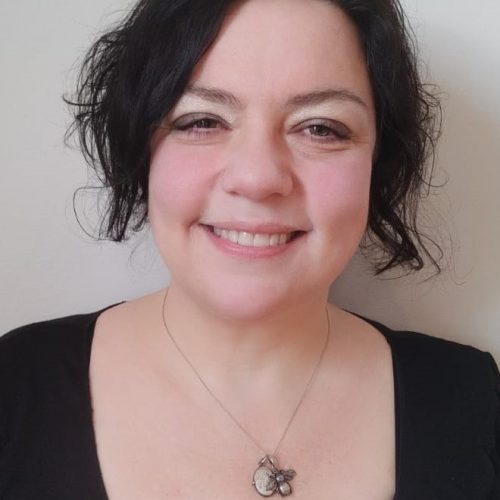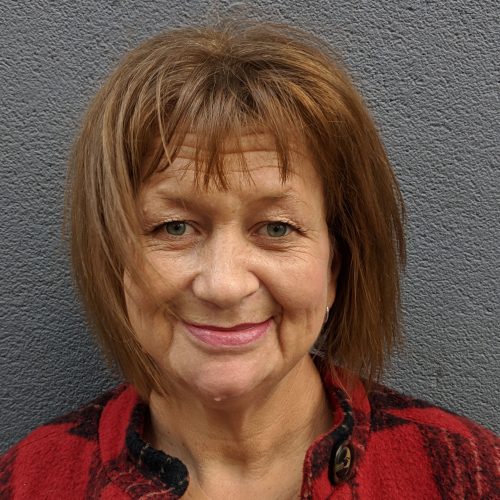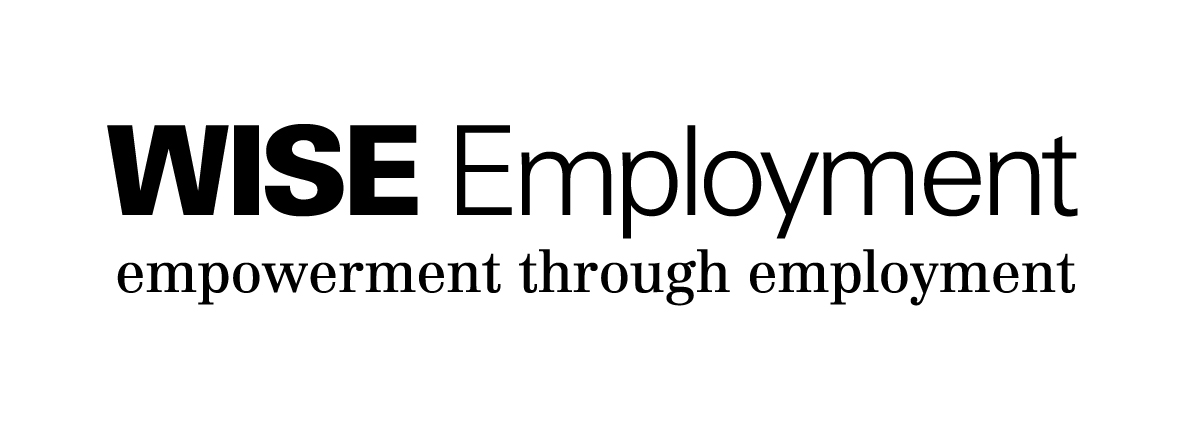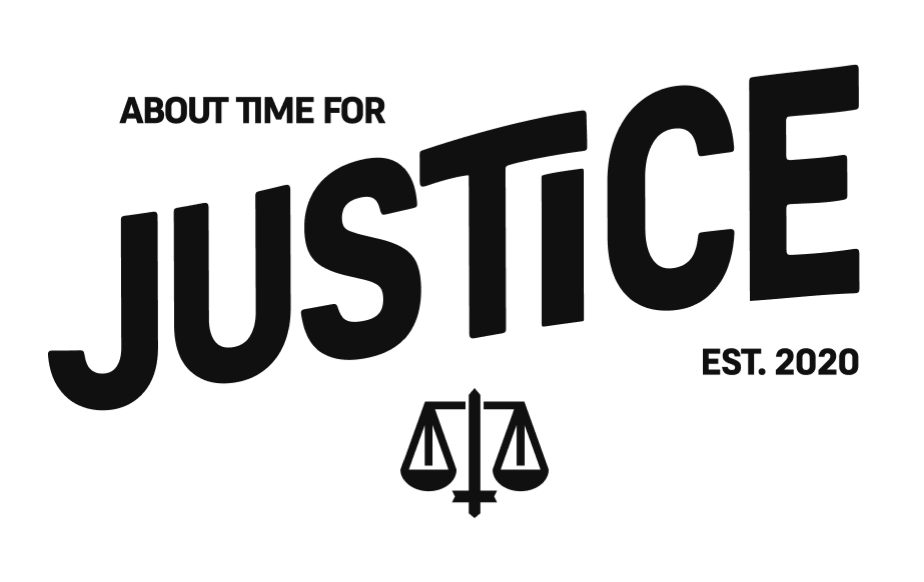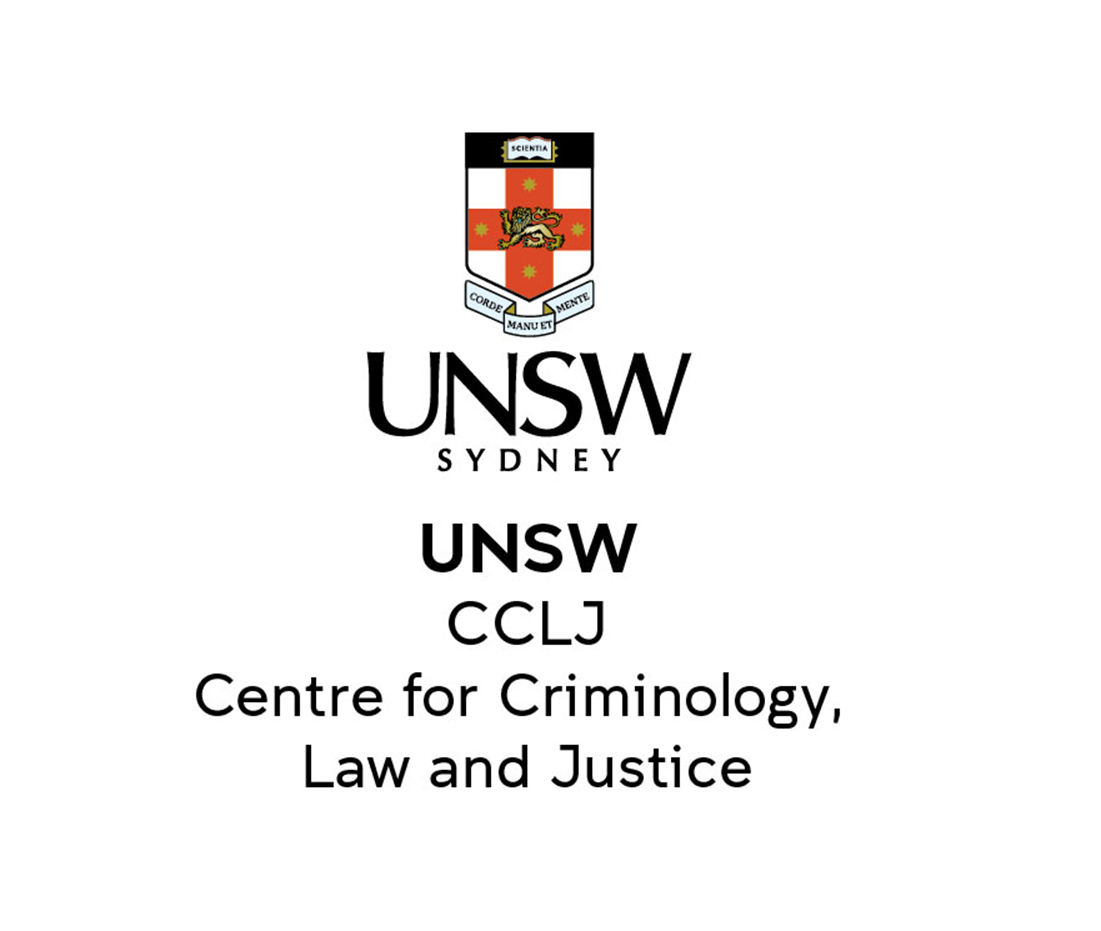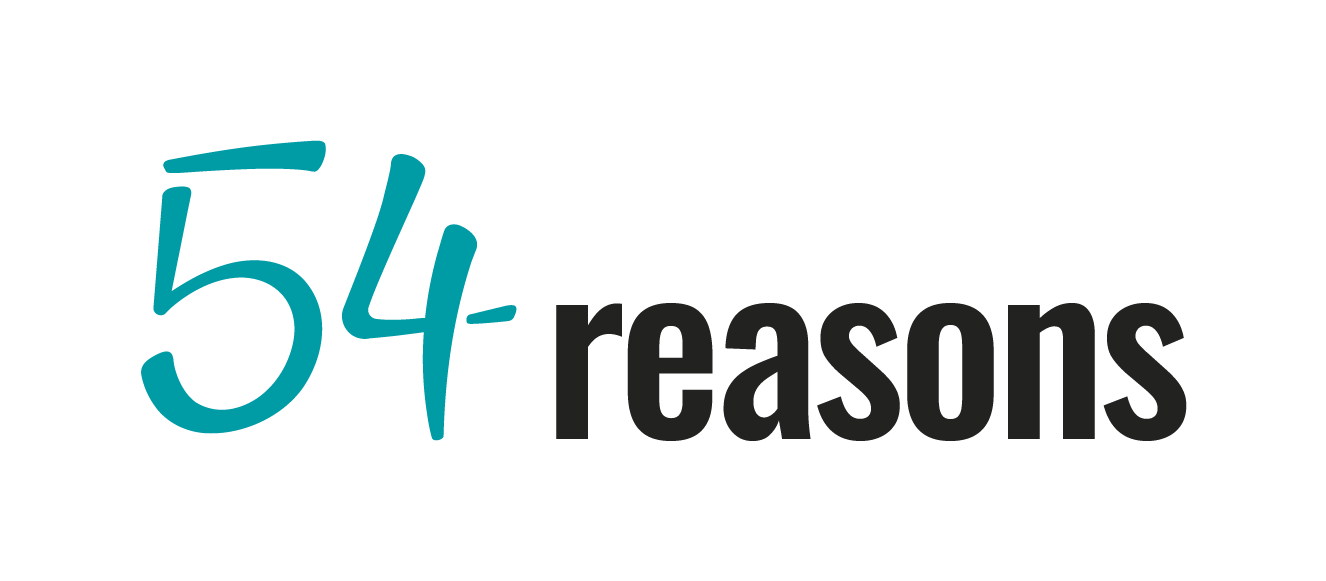Presenters
Emily is a social worker with over 17 years experience working with people involved in the criminal justice system, with a focus on people with cognitive disability. She has experience in research, project management, systemic and individual advocacy, supporting self-advocates, group facilitation and case management. Emily has previously worked in not-for-profit organisations and government as a practitioner and team manager, and has worked with both women and men exiting prison, and extensively with people with intellectual disability involved in a range of systems.
Emily’s previous work has included managing disability rights based projects, systemic advocacy on the rights of people with cognitive disability involved in the criminal justice system and providing disability rights based advice to government and community organisations. Prior to working at the CIJ Emily worked in a disability advocacy organisation where she worked alongside people with intellectual disability to make a film about their experiences of the criminal justice system.
Dorothy has worked at the Centre for Innovative Justice for over 10 years as a lived experience advisor and peer mentor. She works extensively across the disability and criminal justice sectors with a range of stakeholders and provides advice on issues relating to people with disability involved in the criminal justice system. As part of the research team Dorothy provides lived experience analysis of CIJ research data and provides a vital perspective on experiences of criminalisation and the harms caused by criminal justice systems.
Dorothy is an experienced public speaker and has developed a strong reputation for representing a lived experience perspective in high level policy and practice discussions. Dorothy is well known for her work in disability advocacy and for telling difficult stories with enormous impact. In 2018 Dorothy received a Victorian Disability Award for her advocacy work for people with acquired brain injury involved in the criminal justice system.
Stan is a legal and justice system expert with experience in innovation and reform, including user centred design and applications for restorative and therapeutic justice in criminal and civil law.
Stan’s work has included projects to better respond to the needs of victims of crime, improve justice responses to mental health, intellectual disability, acquired brain injury and cognitive impairment, and more effective approaches to reducing future offending.
Stan is a practising lawyer who has held a number of senior roles in government and community legal services in both legal practice and legal policy. Between 2007 and 2010, Stan was Senior Legal Adviser to the Honourable Rob Hulls MP, the Attorney-General and Deputy Premier of Victoria. In this role Stan was involved in major changes to Victorian law, as well as the development of solution-focused courts including the Assessment and Referral Court List.
Stan previously worked as Principal Lawyer and Legal Projects Officer at Fitzroy Legal Service, where he led law reform campaigns and public interest litigation. He also worked as the Drug Outreach Lawyer at Fitzroy Legal Service and as an advocate for many clients whose contact with the justice system was linked to experiences of homelessness, disability, mental illness, family violence, physical and sexual abuse and substance use disorders.
Stan has published on justice issues and appeared in national and international media as a legal commentator and is a Law Handbook contributor.
